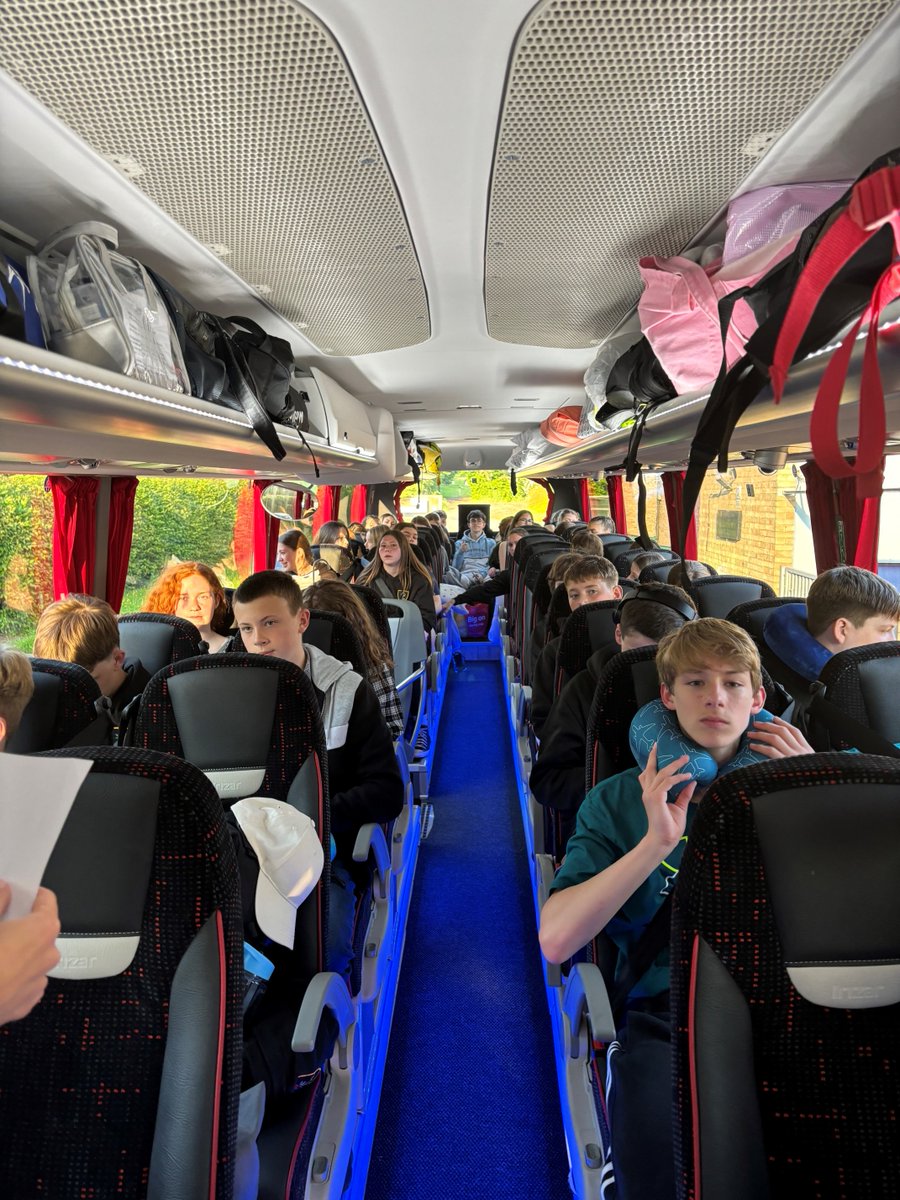Careers & Post 16
At Forest Hall School we give our students the opportunity to access a broad careers programme. All of our students receive guidance and support when considering their futures post-16 and have meaningful encounters with sixth forms, colleges and employers to further develop their knowledge of education pathways and careers.
Our careers programme is embedded throughout our school community, is backed by our senior leadership team and our school governors and links in with our school vision, Aspire to Reach the Exceptional.
Full details of our careers programme can be found below.
We welcome requests from local or national providers to inform and advise our year 7 to year 11 students about their options for vocational and technical education routes. In the first instance, please complete a contact form for the attention of our careers lead:
Mrs C Dennis: DennisC@bmatforesthall.org.uk
For full details about our arrangements, please see our provider access policy.
GATSBY BENCHMARK
|
|
|
The Gatsby benchmarks form part of the Government’s careers strategy which was launched in December 2017.
The benchmarks should give students the opportunity to make informed decisions around their options at post 16 and post 18. With experiences of workplaces, further and higher education encounters and personal guidance interviews seen as a key part to help students make informed choices.
The eight Gatsby Benchmarks are:
| A stable careers programme | Every schoool and college should have an embedded programme of career education and guidance that is known and understood by studetns, parents, teachers, governors and employers. |
| Learning from career and labour market information | Every student, and their parents, should have access to good quality information about future study options and labour market opportunities. They will need the support of an informed adviser to make the best use of available information. |
| Addressing the needs of each student | Students have different career guidance needs at different stages. Opportnities for advice and support need to be tailored to the needs of each student. A school's careers programme should embed equality and diversity considerations throughout. |
| Linking curriculum learning to careers | All teachers should link curriculum learning with careers, STEM subject teachers should highlight the relevance of STEM subjects for a wide range of future career paths. |
| Encounters with employers and employees | Every student should have multiple opportunities to learn from employers about work, employment and the skills that are valued in the workplace. This can be through a range of enrichment activities including visiting speakers, mentoring and enterprise schemes. |
| Experiences of wokrplaces | Every student should have first-hand experience of the workplace through work visits, work shawoding and/or work experience to help their exploration of career opportunities, and expand their networks. |
| Encounters with Further and Higher Education | All students should understand the full range of learning opportunities that are available to them. This includes both academic and vocational routes and learning in schools, colleges, universities and in the workplace. |
| Personal guidance | Every student should have opportunities for uidance interviews with a career adviser, who could be internal (a member of school staff) or external, provided they are trained to an appropriate level. These should be available whenever significant study or career choices are being made. They should be expected for all students but should be timed to meet their individual needs. |

Career- O - Meter
Career- O- Meter can be used to explore and compare key infomration about occupations, help you learn about different occupations and identify potential careers. It provides access to a selection of UK headline data relating to pay, weekly hours of work and future employment prospects for different occupations, as well as a description of the occupation. Simply type in the title of the job you are interested in and the widget provides a series of options from whihc you can select the most relevant to you. Your can then look up another two occupations and compare. You can also select 'display the UK average' and compare the infomration with the occupation you have selected.























